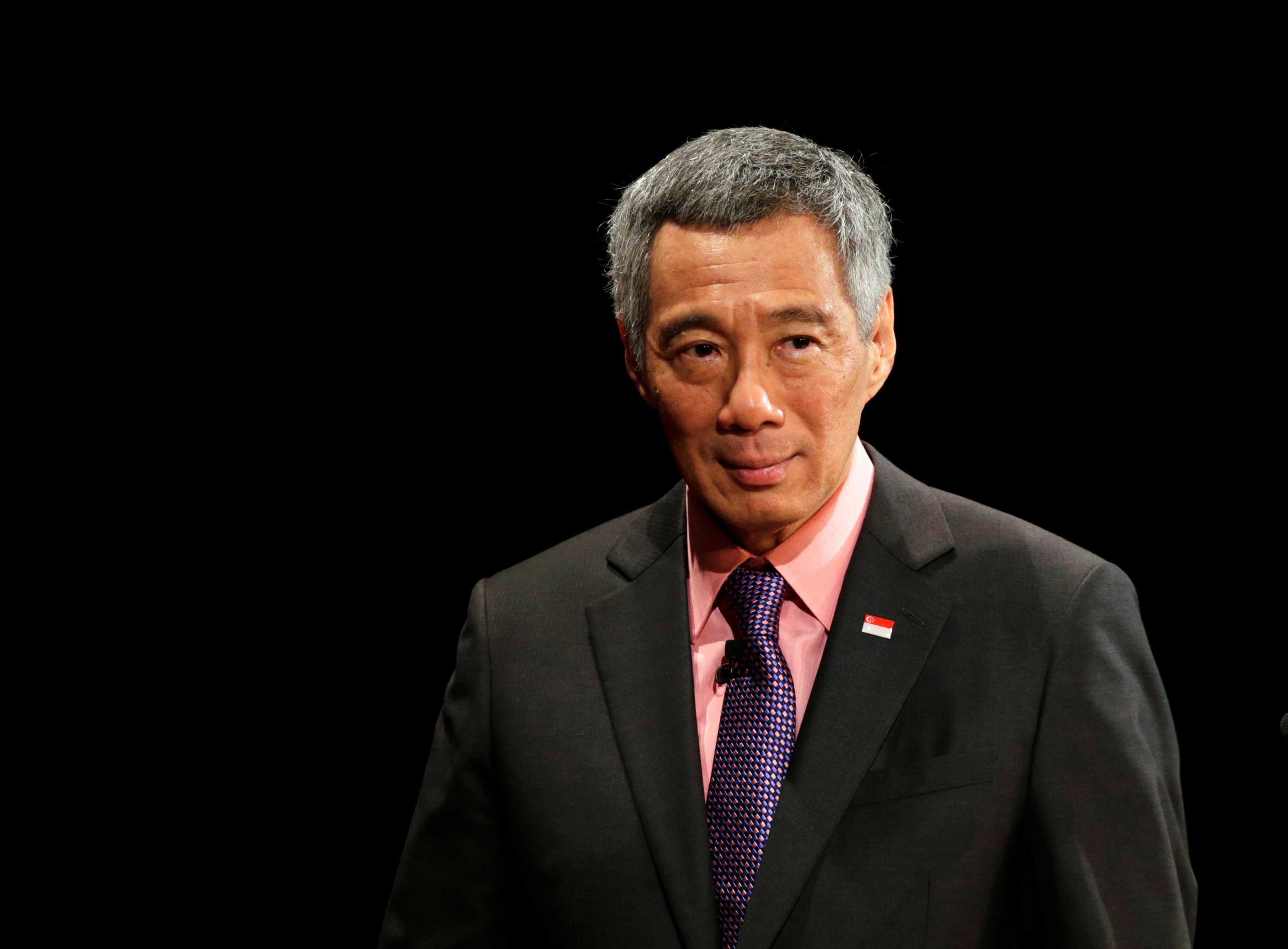July 25, 2018
If you live in Singapore, you may have been feeling a bit creeped out this week. Last Friday, the government revealed that hackers broke into the country’s biggest public hospital network in June. The intruders were after details of Prime Minister Lee Hsien Loong’s drug prescriptions, but in the process, they stole private, non-medical information belonging to 1.5 million residents – about a quarter of Singapore’s population. It was the worst data breach in Singapore’s history, and a big setback for a country that has been investing heavily to transform itself into a “Smart Nation” where people can do everything from report potholes to manage their medical records online.
Beyond the immediate logistical, financial, and bureaucratic challenges, the incident highlights a broader dilemma facing countries around the world: digital technologies have the potential to revolutionize how governments administer public services, but aggregating citizens’ information into enormous databases also creates enormous new vulnerabilities. When governments fail to stop malicious hackers from exploiting those vulnerabilities, it erodes the basic contract between citizens and their leaders.
This issue has surfaced previously in public debates around India’s Aadhaar database. More than a billion people have signed up for the biometric ID program, which allows citizens to receive social benefits or open a bank account using their fingerprint. But some privacy and security experts worry that putting personal information about more than a billion citizens in one place – and making the Aadhaar ID a prerequisite for access to all kinds of public services – could leave the country vulnerable to massive identity theft or a disruptive cyberattack. Singapore’s experience shows that even a wealthy, well-run cybersecurity powerhouse may struggle to make the next digital leap without leaving its population exposed to new forms of digital harm.
In the wake of the hack, Singapore has disconnected the computers at its public healthcare centers from the internet. That may improve security, but it will also make it harder for doctors, nurses, and patients to benefit from the connected “Smart Nation” that Singapore is trying to build.
More For You
- YouTube
Some of the regime’s best moments — did we miss any? #PUPPETREGIME
Most Popular
Mastercard Economic Institute's Outlook 2026 explores the forces redefining global business. Tariffs, technology, and transformation define an adaptive economy for the year ahead. Expect moderate growth amid easing inflation, evolving fiscal policies, and rapid AI adoption, driving productivity. Digital transformation for SMEs and shifts in trade and consumer behavior will shape strategies worldwide. Stay ahead with insights to help navigate complexity and seize emerging opportunities. Learn more here.
- YouTube
Gotta maximize sleigh-holder value. #PUPPETREGIME
© 2025 GZERO Media. All Rights Reserved | A Eurasia Group media company.
